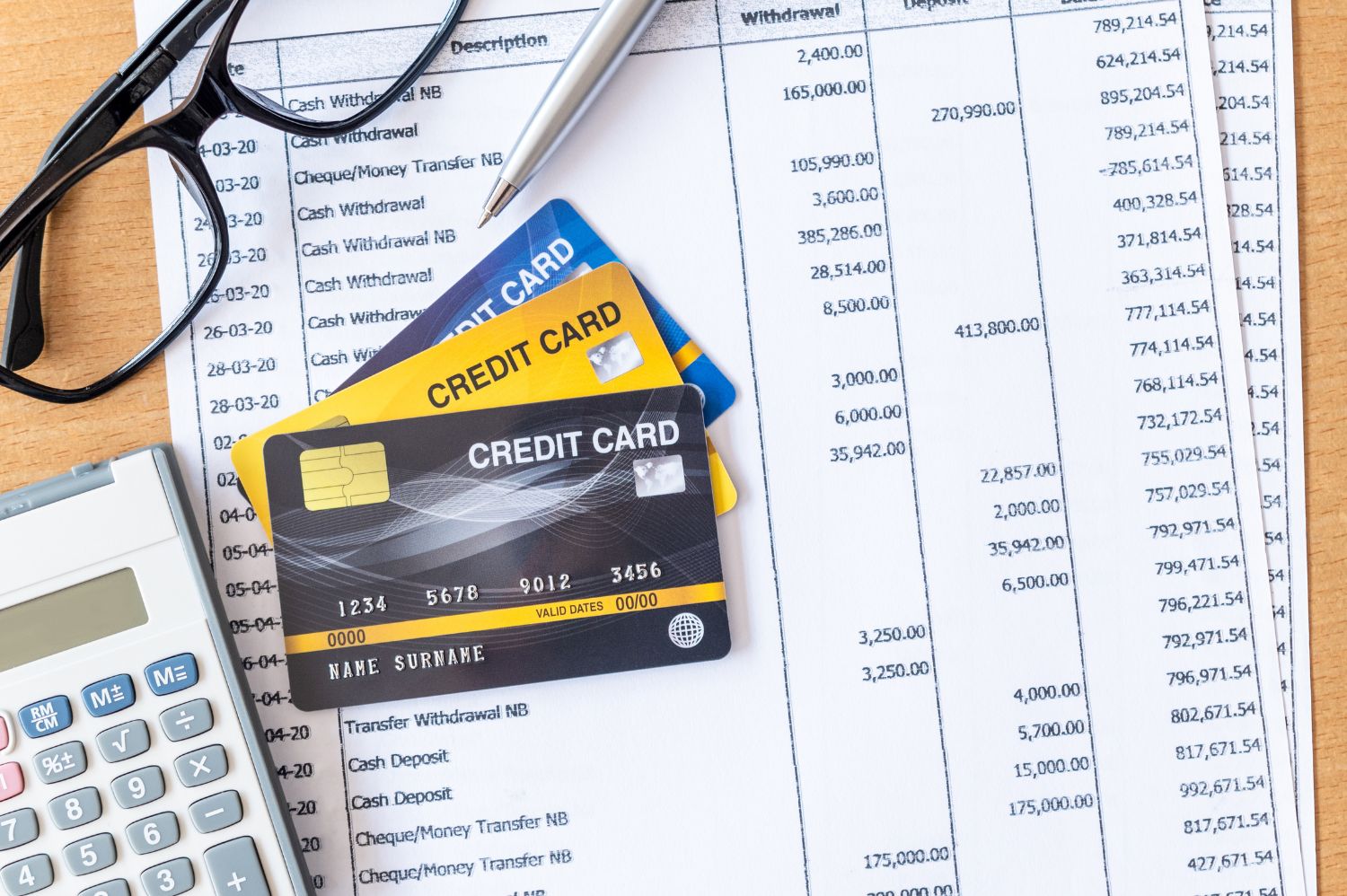How to Pay Off Debt Quickly: Strategies and Tips

Paying off debt can be a challenging task, especially when high interest rates and multiple accounts accumulate.
However, with careful planning and discipline, it is possible to pay off your debts more quickly and efficiently.
This guide offers detailed strategies to help you get out of debt and achieve financial stability.
1. Assess Your Financial Situation
The first step to paying off debt is to have a clear view of your financial situation.
Make a detailed list of all your debts, including the outstanding balance, interest rate, and minimum monthly payment for each.
Review your current budget to understand your income and monthly expenses. This will help identify areas where you can cut costs and redirect money to pay off debts.
2. Create a Debt Repayment Plan
Developing a structured plan to pay off debts is crucial for success.
The avalanche method prioritizes paying off debts with the highest interest rates first, reducing the total cost of interest over time.
The snowball method starts by paying off the smallest debts first, providing a sense of accomplishment and motivation as you quickly eliminate debts.
3. Consider Debt Consolidation
Consolidating your debts can simplify payments and reduce interest rates.
Debt consolidation involves combining multiple debts into a single loan with a lower interest rate.
The advantages include reducing the interest rate, simplifying monthly payments, and potentially paying off debts more quickly.
Research options such as personal debt consolidation loans or balance transfer credit cards.
4. Negotiate with Your Creditors
Negotiating with creditors can result in more favorable payment terms.
Call your creditors and explain your financial situation.
Many are willing to negotiate to avoid default.
Request alternative payment plans, temporary interest rate reductions, or payment deferrals.
Consider seeking help from financial consultants or debt assistance services to negotiate on your behalf.
5. Increase Your Income
Increasing your income can accelerate debt repayment.
Consider taking on freelance or part-time work to generate additional income.
Sell unused or unnecessary items on online marketplaces or at yard sales.
Invest in low-risk opportunities that can generate passive income.
6. Reduce Expenses and Increase Savings
Cutting unnecessary costs can free up more money to pay off debts.
Analyze your budget to identify fixed and variable expenses, focusing on reducing variable ones first.
Buy generic brands, take advantage of promotions and discounts, and plan your purchases to avoid impulse spending.
Adopt more sustainable practices, such as turning off lights when not in use and fixing leaks, to reduce utility bills.
7. Use Debt Management Tools
There are various tools and apps that can help manage your debts.
Use apps like Mint, YNAB (You Need A Budget), or Pocketbook to track your expenses and debt payments.
Create detailed spreadsheets to monitor your debt repayment progress and adjust your plan as necessary.
8. Protect Yourself with Insurance
Having the right insurance can protect your financial situation in case of unexpected events.
Ensure you have health insurance to cover medical expenses.
Protect your family and income in case of disability or death with life and disability insurance.
9. Plan for the Future
Planning for the future is essential to avoid falling into debt again.
Create an emergency fund with the equivalent of three to six months of essential expenses.
Contribute regularly to your retirement, even if in small amounts, to ensure a secure financial future.
10. Seek Professional Help
If your debt situation is overwhelming, seeking professional help may be the best option.
Nonprofit organizations offer free or low-cost counseling to help manage debt.
Debt assistance services can help negotiate with creditors and create a repayment plan.
In extreme cases, bankruptcy may be an option, but it should be considered only as a last resort due to its long-term implications.
11. Monitor and Adjust Your Repayment Plan Regularly
Financial situations and goals can change over time, so it’s important to regularly review and adjust your debt repayment plan.
Conduct monthly reviews of your debt repayment progress and adjust your budget as necessary.
Be prepared to adjust your debt repayment strategies as your financial situation changes.
12. Involve the Whole Family
If you have a family, involving everyone in the debt management process can make the path to financial stability easier.
Be transparent about the financial situation with your family and openly discuss goals and challenges.
Work together to find ways to reduce expenses and increase income.
Teach your children about the importance of financial management and how to avoid debt.
Paying off debt quickly requires a well-structured plan, discipline, and often lifestyle adjustments.
Assessing your financial situation, creating a repayment plan, considering debt consolidation, negotiating with creditors, and increasing your income are crucial steps for success.
Reducing expenses, using debt management tools, protecting yourself with insurance, and planning for the future are also essential.
If necessary, seeking professional help can provide the support needed to get out of debt and achieve financial stability.
With these strategies, you can take control of your finances and build a more secure and prosperous future.